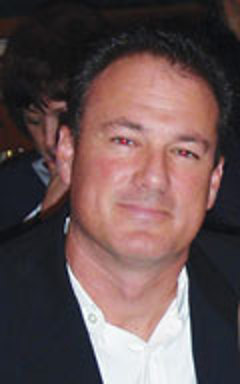Scalco, V.
Victor Scalco supports key players in the hydrocarbon processing industry. His current position allows for new development of filtration and separation systems. He is principally involved in the technical development and training with EPCs and FCC/RFCC licensors around the world. His experience includes program development for commercial applications, scoping studies and commissioning. He earned an MA degree from San Diego State University and has worked for more than 20 yr in the design and implementation of hydrocarbon filtration systems.
Separating from the competition: Recovering profits after the pandemic
As recovery from the COVID-19 pandemic begins, so will a return to normal life.
The plight of the modern refinery: Racing to meet IMO 2020 regulations
When Kitack Lim won his second, four-year term as the Secretary General of the International Maritime Organization (IMO) in November 2018, it solidified the organization’s aggressive 2020 deadline for a global < 0.5% sulfur limit on fuel oil used onboard ships. This reduced sulfur requirement, commonly known as IMO 2020, squeezes the oil and gas industry, confounding the medium- and small-size refineries that struggle to produce low-sulfur fuel oil (LSFO), and wracking the nerves of maritime freight shippers facing volatile fuel pricing.
Optimize value from FCC bottoms
Fluid catalytic cracking (FCC) is one of the most versatile and profitable upgrading processes in a refinery. FCC has maintained its place in the refinery through a series of evolutionary changes to m..
- 1
- ... 1 pages

- YPF, Eni and XRG sign joint development agreement advancing 12-MMtpy Argentina LNG project 2/12
- Maire launches new technology to produce PTMEG, the key polymer composing the spandex fiber. 2/12
- Verde Clean Fuels announces suspension of development of Permian Basin gas-to-gasoline project 2/12
- Vietnam's largest refinery to operate at 120%-125% of designed capacity in Q1 2/12
- Indonesia's Medco expansion plans bet on rising energy demand in Southeast Asia 2/12
- Brazil to rebuild ethanol stocks in new harvest after 21% drop in 2025-2026 2/12





